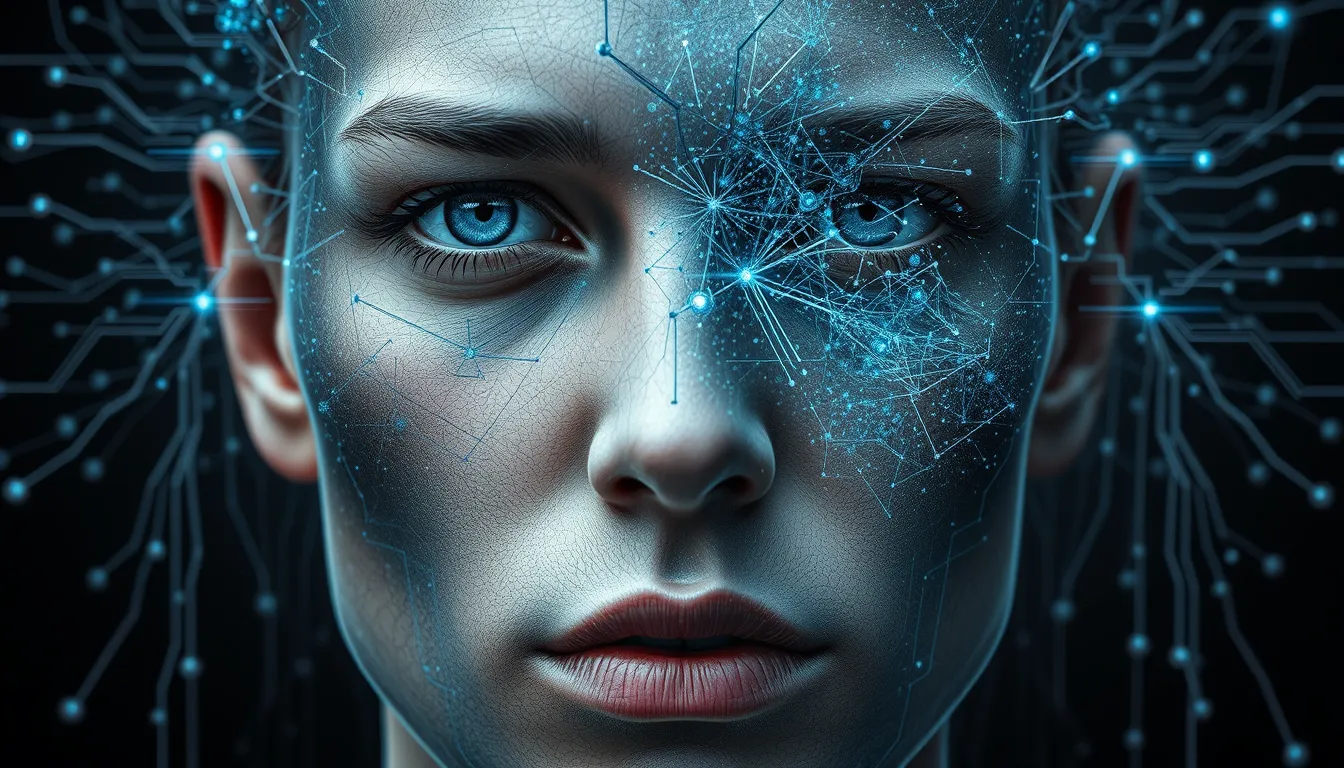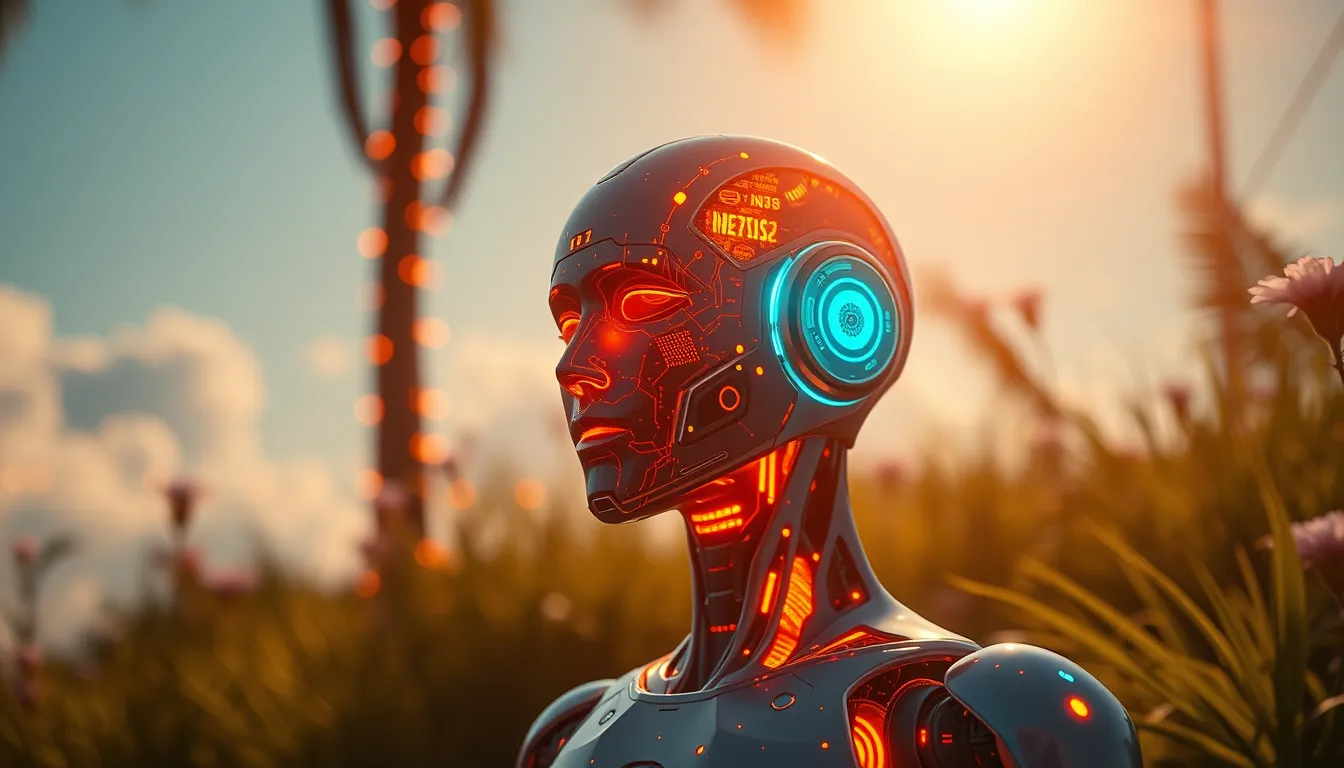Now Reading: Unlocking AI and Cognition: Mastering Digital Focus
-
01
Unlocking AI and Cognition: Mastering Digital Focus
Unlocking AI and Cognition: Mastering Digital Focus

Unlocking AI and Cognition: Mastering Digital Focus
In today’s rapidly evolving digital era, the concept of AI and cognition is at the forefront of debates about technology’s role in our lives. Artificial intelligence (AI) is not only transforming industries but also subtly reshaping our mental landscape. This article delves into the intricate influence of AI on cognition, exploring challenges like digital distraction and cognitive overload while offering insights on how we can reclaim our ability to focus.
AI and Cognition: Shaping Modern Mental Landscapes
The fusion of artificial intelligence and human cognition has become a defining feature of our time. AI systems now assist with nearly every digital task, from personalized content suggestions to complex decision support. However, the omnipresence of these intelligent algorithms means that our brains are constantly bombarded with streams of data. This persistent flow can lead to cognitive overload, where the sheer volume of information hampers our ability to reflect deeply and think critically.
Researchers emphasize that the impact of AI and cognition extends beyond simple efficiency gains. While these systems facilitate daily tasks, they also have the potential to disrupt our mental processes by shifting the way we handle information. The risk is that, over time, our natural cognitive functions might become dependent on algorithmic shortcuts, potentially limiting our creative problem-solving abilities.
Digital Distraction: The Hidden Side of Algorithm Influence
One of the most concerning consequences of AI’s pervasive role in our lives is digital distraction. In every notification, personalized suggestion, and real-time update, there exists the potential to disrupt our focus. Digital distraction is not merely a side effect of the conveniences offered by technology; it is an intrinsic challenge to maintaining deep, reflective thought. The phenomena of digital distraction is intricately linked to the idea of cognitive overload, where the constant influx of AI-curated content can split our attention into fragmented bursts.
Key Factors Contributing to Digital Distraction:
- Instant notifications that disrupt concentration
- Overwhelming streams of data from multiple sources
- Hyper-personalized content that captures attention
- Persistent algorithmic nudges leading to cognitive fatigue
By understanding these factors, individuals can start to recognize the signs of digital distraction in their daily routines.
How AI Affects Our Ability to Focus
A dedicated focus on how AI affects our ability to focus reveals a range of psychological and neurological implications. Studies suggest that as we respond to AI-driven cues, our brains might gradually adjust to a faster, less reflective mode of information processing. This adaptive response, while useful in dynamic environments, can also lead to a reduction in sustained attention span over time.
For instance, the long-tail issue of cognitive fatigue due to AI notifications has been widely documented. Excessive stimulation from these constant alerts erodes our capacity for deep focus, making it harder to engage in tasks that require prolonged concentration. In an environment defined by quick, surface-level interactions, our ability to dive deep into complex problems or creative endeavors diminishes significantly.
Practical Tips to Combat this Trend:
- Schedule regular digital detox periods.
- Limit notifications and set specific times for checking updates.
- Practice mindfulness or meditation to reinforce sustained attention.
- Engage in activities that promote deeper thinking, such as reading or solving puzzles.
These strategies can help mitigate some of the adverse effects of AI on our focus, ensuring that our cognitive abilities remain robust and resilient.
Strategies to Restore Cognitive Balance
As the interplay between AI and cognition continues to evolve, it is critical to establish strategies that empower individuals to maintain control over their mental processes. The following approaches offer pathways to manage digital distraction and promote a healthier cognitive balance:
- Mindful Technology Use: Adopt routines that limit unnecessary digital interactions. For example, turning off non-essential notifications can help preserve mental clarity.
- Scheduled Downtime: Regular breaks from digital devices can reduce the risk of cognitive overload. Stepping away from screens even for a few minutes each hour can significantly improve focus.
- Cognitive Exercises: Engaging in brain-training games or puzzles may help counteract the effects of AI-driven content overload. These activities stimulate distinct neural pathways, promoting creative thinking and problem-solving.
- Educational Initiatives: Institutions and policymakers should create guidelines and educational programs that address the psychological effects of AI. For more information on cognitive health, organizations like the American Psychological Association (APA) provide valuable resources (https://www.apa.org).
Embracing the Future with a Balanced Approach
The dialogue surrounding AI and cognition is both complex and multifaceted. While AI undoubtedly brings immense benefits such as enhanced efficiency and personalized experiences, it also introduces significant challenges. Addressing digital distraction and cognitive fatigue is essential for preserving our natural mental capacities. Ultimately, a balanced approach that harnesses the power of AI while safeguarding our ability to think deeply is crucial.
By rethinking our relationship with technology, we can capitalize on the benefits of AI without sacrificing cognitive wellness. This article has explored the nuances of how AI influences our brain functions, highlighting the urgent need for strategies that maintain mental clarity and promote critical thinking.
In conclusion, the future of technology and human cognition does not have to be a zero-sum game. With mindful practices and supportive frameworks, it is possible to enjoy the benefits of AI while preserving, and even enhancing, our inherent ability to focus and think creatively. Embracing this balance is not only essential for individual well-being but also for fostering innovation and progress in our digital age.

























